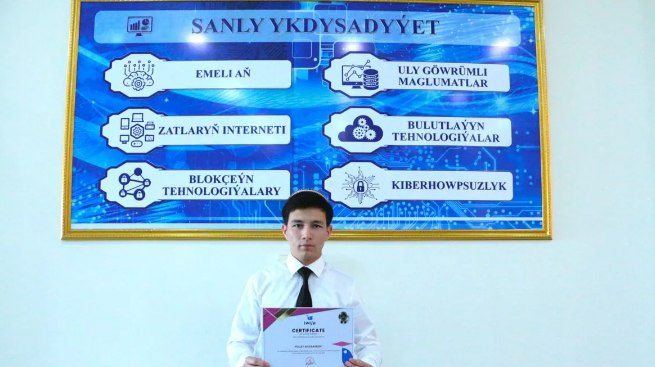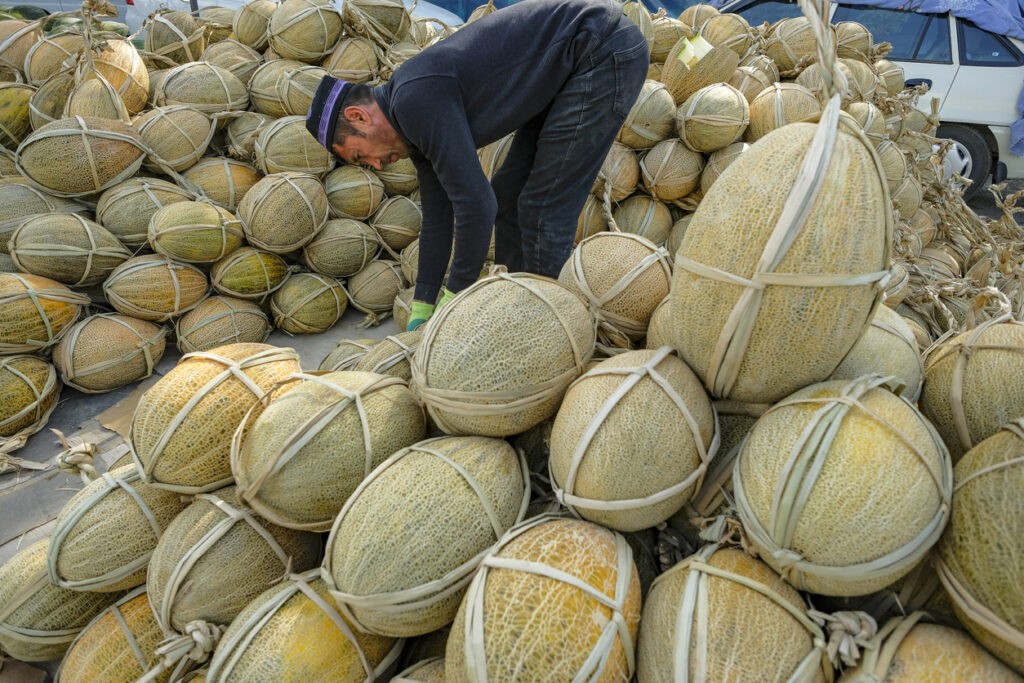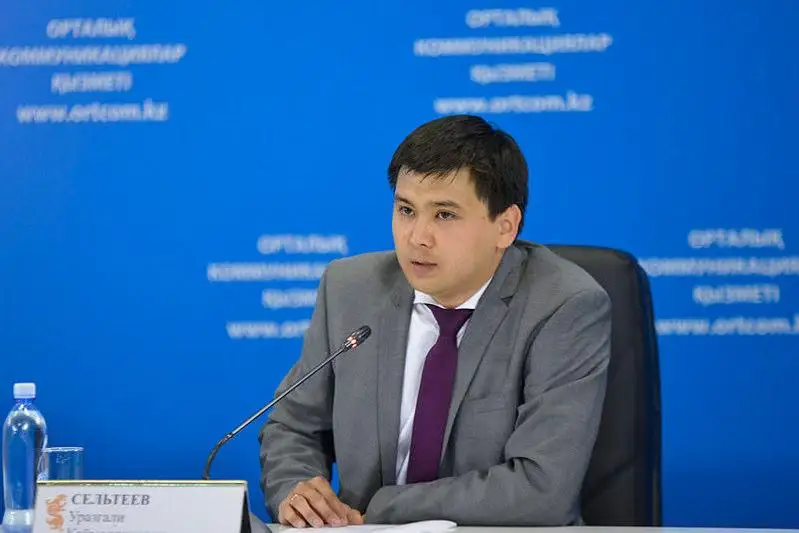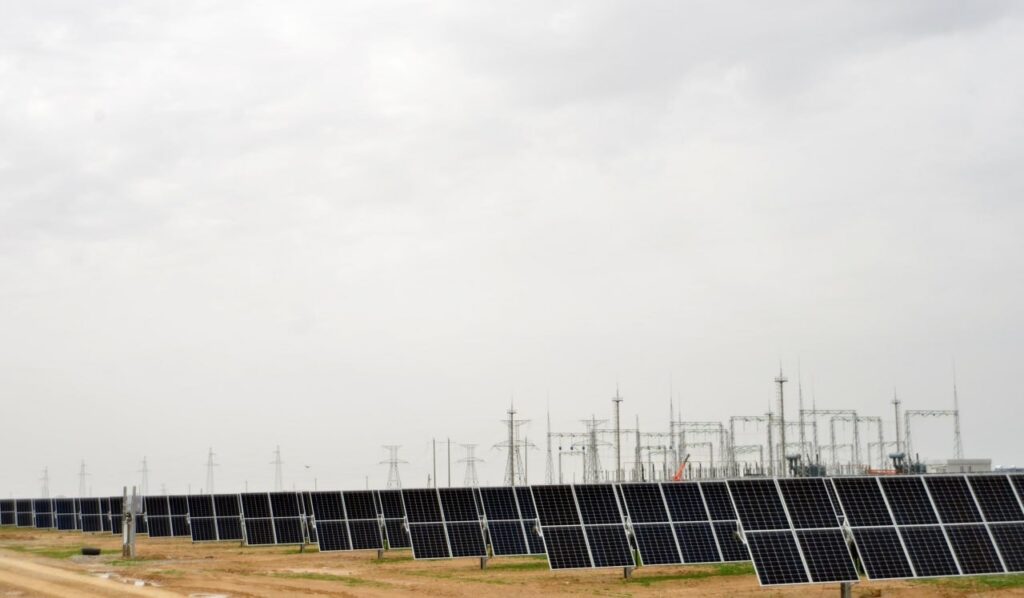Kazakhstan has recently adopted regulations that make it more difficult for migrants and citizenship-seekers to enter the country. Urazgali Selteyev, a political scientist and director of the Institute for Eurasian Integration, told The Times of Central Asia that the legislation is being streamlined rather than tightened.
According to some experts, Kazakhstan is the most attractive country in Central Asia for migrants. For many years, foreign workers have been entering the country, and illegal migration is high, as residents of neighboring countries are hired in the agricultural and construction sectors and are involved in transportation and services. In recent years, cases of detection and deportation of illegal migrants from the farthest regions, including Africa, have become more frequent.
In addition, since 1991, more than one million ‘kandas’ (formerly known as oralmans) have arrived in Kazakhstan — persons of Kazakh nationality resettling in the country according to established quotas. Often, kandas arrive from Uzbekistan, Kyrgyzstan, Turkmenistan, China, and Russia. Also, after the partial mobilization for Russia’s war in Ukraine announced in September 2022 by Russian president Vladimir Putin, an unspecified number of draft evaders and their family members entered Kazakhstan.
This situation forces the Kazakh authorities to take a stricter approach to regulating migration flows. Just the other day, the website “Open Normative Legal Acts” (“Open NLA”) posted a document highlighting the discussion that began two years ago. The document states that Kazakhstan will develop rules to determine whether kandas have a right to claim Kazakh nationality.
In May this year, Kazakhstan’s president Kassym-Jomart Tokayev signed the law “On introducing amendments and additions to some legislative acts of the Republic of Kazakhstan on the improvement of legislation in the field of migration and penal system.” This law provides new grounds for refusal of admission and restoration of Kazakh citizenship, such as ignorance of the state language at the elementary level, the basics of the Constitution of Kazakhstan, and a certain level of national history determined by an authorized body in the field of science and higher education.
Simply put, applicants for citizenship will have to pass the exam. As explained by the Minister of Science and Higher Education Sayasat Nurbek, the test will include three components: the first is knowledge of the Kazakh language, the second is the basics of the Constitution, and the third is the basics of the history of Kazakhstan.
“These tests will be required to be taken by persons who apply for citizenship. There are reservations on a separate list of honored: on the presidential list, minors and people with disabilities will be exempted,” explained Nurbek.
According to the new migration rules, EAEU citizens can stay in the country for no more than 90 days within 180 days; other foreigners can stay for no more than 30 days, and a maximum of 90 days in six months. In the previous version of legislative acts, there were no restrictions concerning the 180 days, thus, foreigners lost the opportunity to repeatedly renew the terms of stay, leaving the country for a short time and entering again.
The “90/180” rule does not apply to those who arrived in Kazakhstan on a visa, as their legal period of stay ends with the expiration of the visa, or to those who are in the country based on a temporary residence permit (TRP). For holders of a temporary residence permit, the period of stay is determined by the document’s validity, which, in turn, depends on the duration of the labor contract.
Some saw the innovation as an attempt to prevent relocations from Russia and other refugees from the war in Ukraine. However, political scientist Selteyev believes that Kazakhstan is merely introducing norms that have long been practiced in many countries.
– Legislation is not being tightened; it is being streamlined. Among other things, national security and migration flows are being regulated per international standards. Now, in principle, there is a revision of legislation in many areas where there are a lot of gaps,” the expert explained.
As for repatriates, he said, “In the early 90s, the return of kandas became a program to address the demographic factor. Gradually, we realized that this process should be filtered, as many newcomers pretended to be Kazakhs, but they were not. Such facts were repeatedly publicized. Consequently, these people were using benefits illegally.
Kazakhstan has gradually become an attractive country for immigration, the political scientist said.
We are already making a qualitative selection. We need skilled labor, and priority is given to people who have the necessary skills, such as engineering and technical skills. We do not violate anyone’s rights,” said Urazgali Selteyev.
He also believes that large volumes of migration from Russia are not expected soon.
– Because of mobilization, I think there will not be any more mass waves of arrivals. Those who decided for themselves not to participate in this war have already left the Russian Federation. And Russia itself will not allow further mass flight. Digital systems are integrated with border control,” the political scientist said.
Commenting on introducing an exam for knowledge of the Kazakh language and history of the country for those wishing to obtain citizenship, he explained that “this is a kind of signal, including the citizens of Kazakhstan. A basic level of Kazakh language knowledge should be required for every citizen.”








